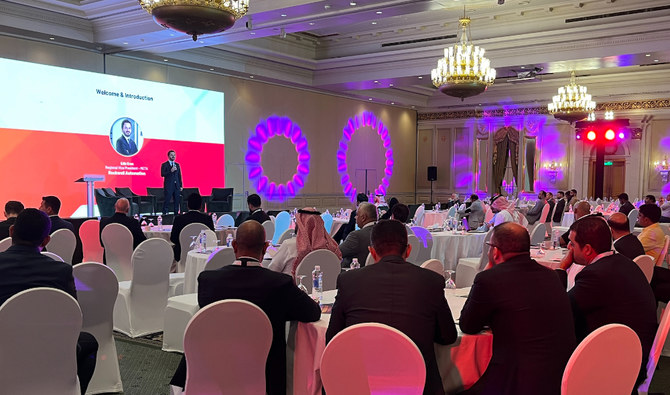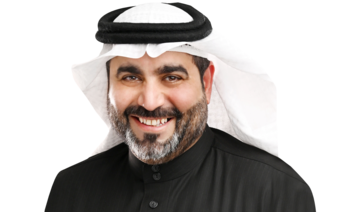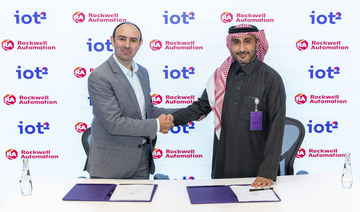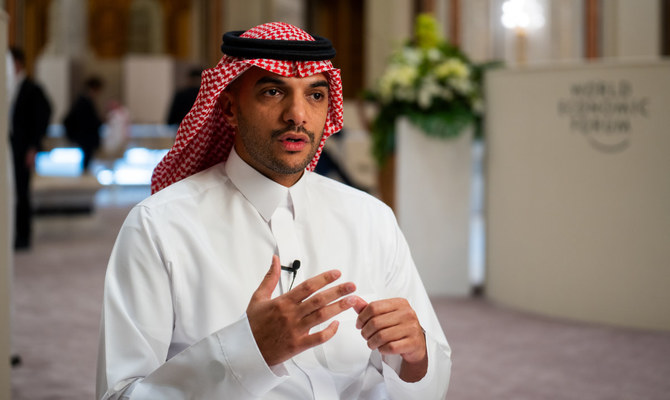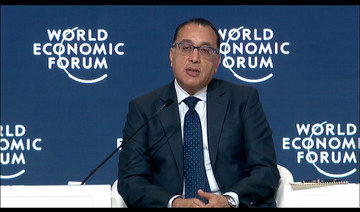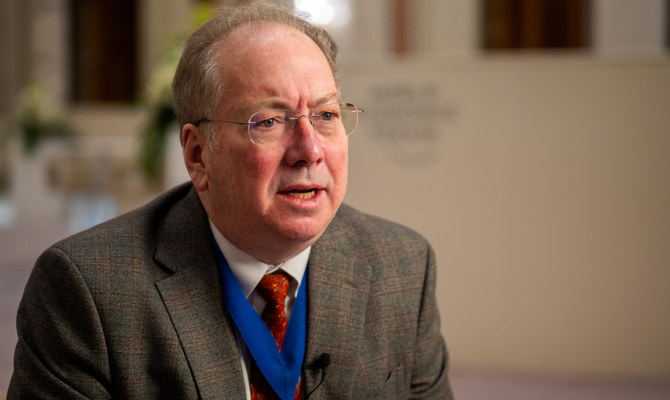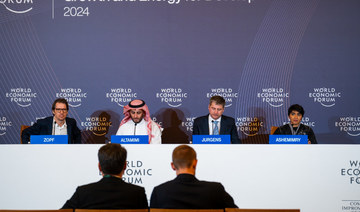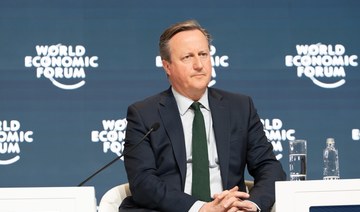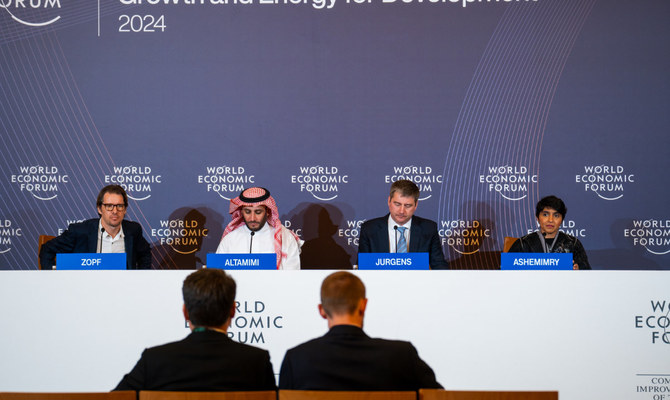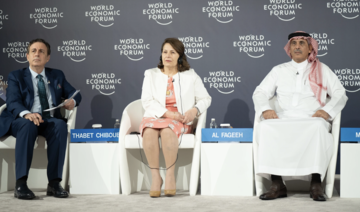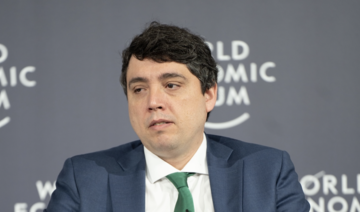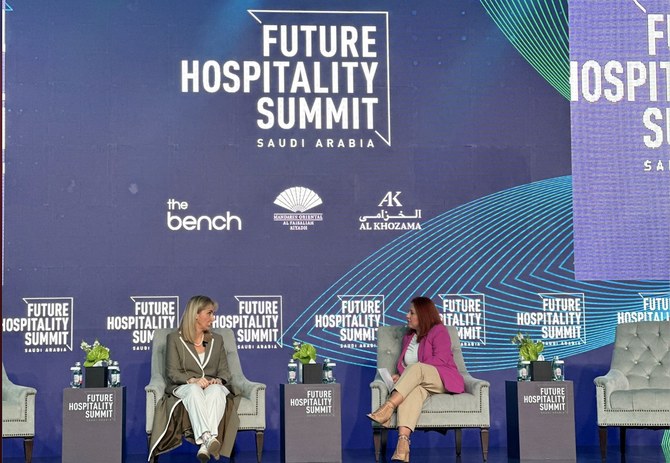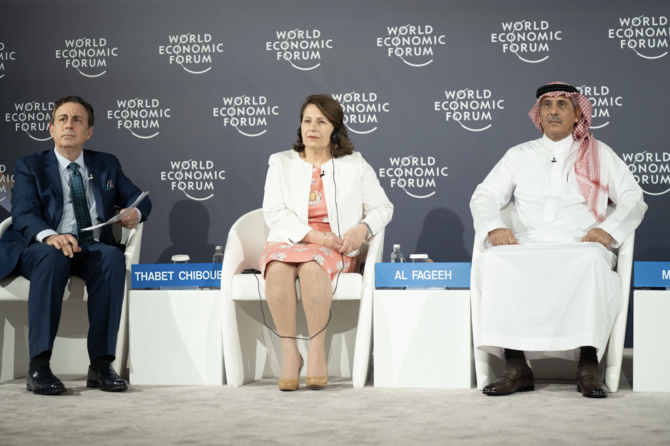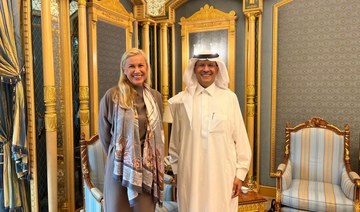KHOBAR: At the top of the Al-Fardan Tower, overlooking the glistening corniche water with the manicured buildings below, stands Hussain Al-Khater, managing director for Rockwell Automation in Saudi Arabia.
As part of Rockwell Automation, Inc. which boasts as being one of the world’s largest companies dedicated to industrial automation, he is witnessing the transformation of his company, and country, in real time.
Al-Khater was on hand to inaugurate the Center of Excellence which aims to help fulfill one of the main priorities of Vision 2030, which is digital reforms. This will enable the Kingdom to transform the country into a place of excellence.
“Rockwell Automation has been working in Saudi Arabia for several decades supporting local companies with automation and control technology,” Al-Khater told Arab News, adding: “With the opening of the Center of Excellence, we will enhance the support for Saudi Arabia’s vision to have more technology companies located in the Kingdom.
“We will be physically on the ground to support our customers’ technology transition; they can come and visit the center to learn how Rockwell automation can guide them in their digital transformation.
“It’s a very special day for me – it’s in my hometown and my country."
The serene background to the innovative space is strategic; it marks Rockwell Automation’s first such dedicated Center of Excellence in the Middle East and only their third worldwide, following its original flagship in Milwaukee, US and Bologna in Europe.
It also is a statement on highlighting the importance of having Saudi Arabia be a leader in the digital future.
Headquartered in the US, Rockwell Automation has become a global leader in industrial automation and digital transformation and employs approximately 28,000 “problem solvers” in more than 100 countries.
This newly established Center of Excellence in Khobar aims to support local companies and their employees, as well as students in the region, by letting them experience the power and scope of digital transformation.
The first of two interactive zones takes the visitor on a digital journey explaining how technology can enhance maintenance operations by providing a 3D pump to help visualize the entire process.
Using Microsoft HoloLens and a smartphone, clients are guided through a seamless experience of repairing and maintaining a pump without ever leaving the room.
This cutting-edge process utilizes Vuforia, an augmented reality solution, ThingWorx, an Internet of Things platform, Kepware, a sensor connection solution, and Fiix, a computerized maintenance management system – which all link back to the ERP system.
The first demo highlights electric submersible pump diagnostics, testing and forecasting.
Users would be able to glance at an iPad and witness vital data populate from five wells. The data would then be analyzed instantaneously and potential pain points could be addressed before they even happen.
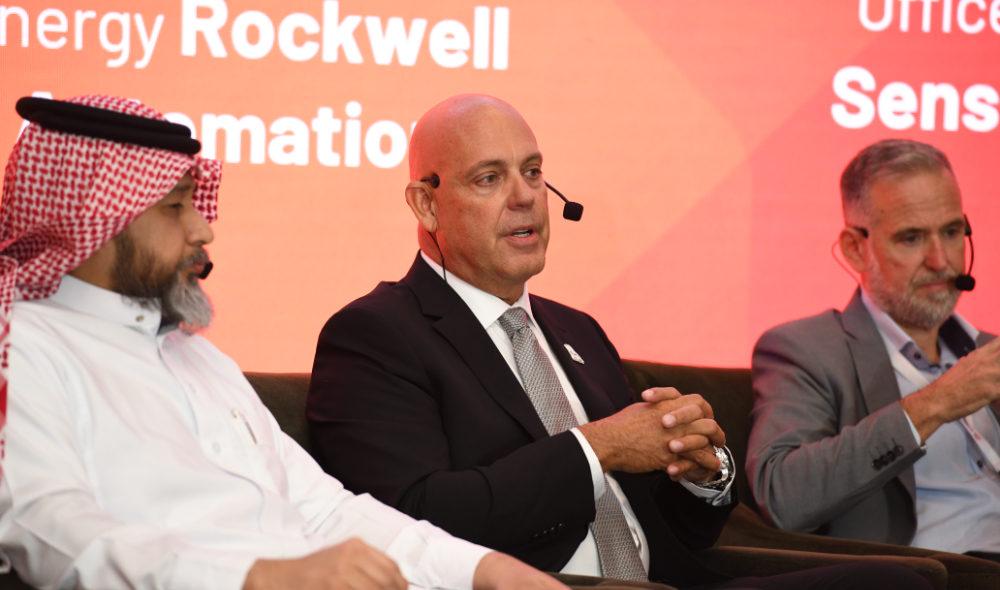
Michael Sweet, Director of New Energy at Rockwell Automation. (Supplied)
The second zone, dedicated to the oil and gas sector, brings oilfields to your fingertips, with multiple interactive demos using Sensia, a collaboration between Rockwell Automation and Schlumberger; Avalon for data set visualization and monitoring, and Avocet to analyze that data and execute workflows.
The Center of Excellence will not only show but also tell the journey.
The digital transformation which Rockwell Automation is spearheading aims to support sustainability in two main areas: reducing energy and water use.
“There is vast potential for growth in the Saudi Arabian market beyond just the oil, gas and petrochemical industries. Central to this expansion is the implementation of digital solutions and technologies to fuel localization,” Al-Khater said.
He insists that this would not only benefit society through digital advancement, but would also direct capital towards local infrastructure, facilities and manufacturing capabilities, all the while simultaneously fostering a groundswell of talent development for Saudi workers.
“The driving force is an innovation mindset. This positions Saudi Arabia attractively to manufacturing companies looking to invest in the region, aiming to create a global innovation hub based on local talent,” he said, adding: “Digitalizing the region and embracing automation will generate huge, positive change for both manufacturers and the broader society in Saudi Arabia.”
In his view, in order for this vision to fully come to fruition and materialize, companies must collaborate with technology and digital solutions leaders who understand the specific needs of the region, ensuring “not just initial success but sustained growth.”
In conjunction with the launch of the Center, Rockwell Automation also hosted their first ever Decarbonization Conference in the Kingdom on Sept. 26 at the Mövenpick Hotel’s Al-Maha ballroom, not far from its Center, which highlighted the automation and digital solutions available to decarbonize Saudi Arabia’s industrial sector.
The seminar brought together experts in the field to share experiences on decarbonization, including carbon capture and storage, electrification, emission monitoring and management through measurement and control technologies, and digitalization methodologies.
“Digital transformation and automation technology offer solutions that will enable the oil and gas value chain to drive efficiency and reduce costs while carefully navigating the transition terrain,” Ediz Eren, regional vice president for the Middle East, Turkiye and Africa region at Rockwell Automation told Arab News.
“This Digital Center of Excellence highlights how solutions from Rockwell Automation and its partners can improve performance all along the oil and gas value chain within the region. By working with government, industry, and academia, the Center of Excellence will enable local companies and workers to increase their understanding of what digital technologies can achieve,” he added.
One of the speakers was Michael Sweet, director of New Energy at Rockwell Automation who participated in a panel discussion titled: “Realizing sustainable industries with automation technology.”
He told Arab News: “Automation and digitalization have a pivotal role in enhancing energy efficiency within manufacturing entities. However, these benefits can only be realized by first understanding an organization’s current operational baseline. Identifying where a company is starting from on their automation journey is instrumental in determining its future trajectory.”
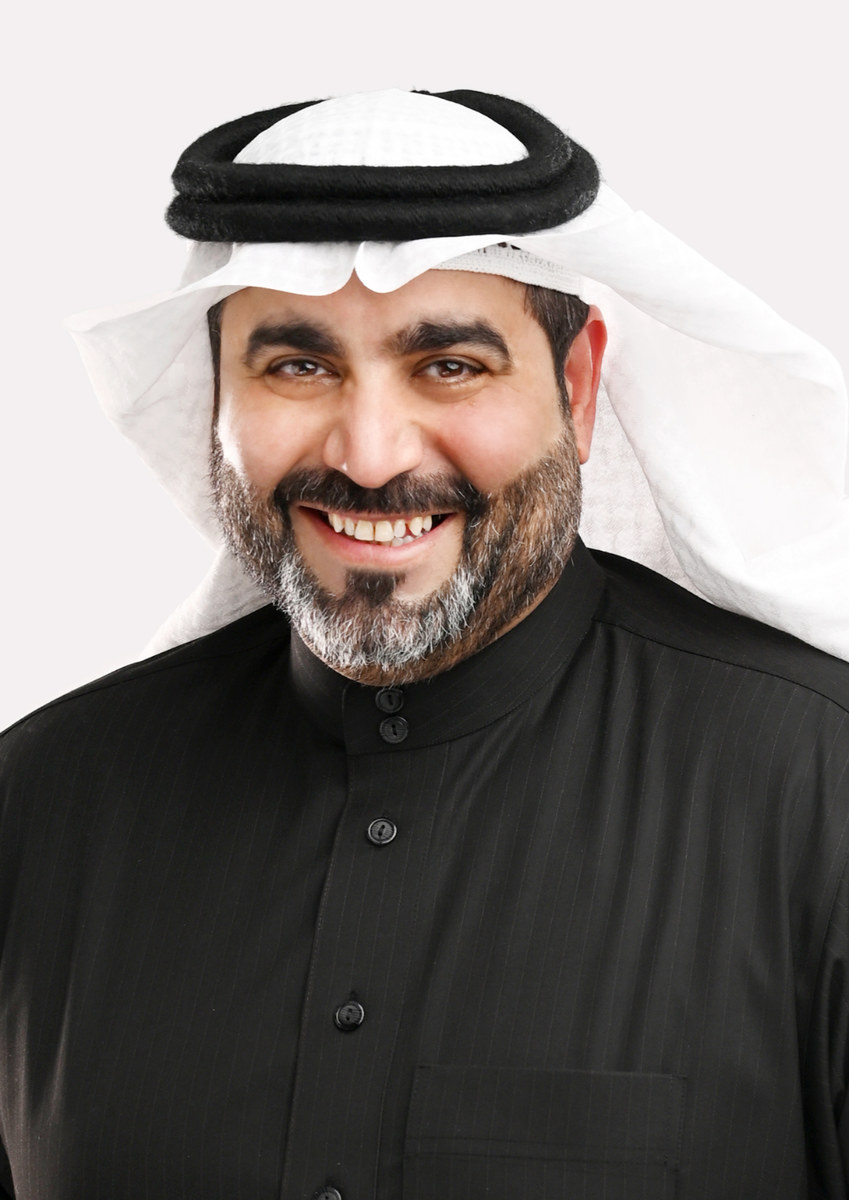
Hussain Al-Khater, managing director for Rockwell Automation in Saudi Arabia. (Supplied)
Sweet added: “Without this foundational knowledge, there is no one area to target automation efforts, leading to solutions that are general and unfocused.
“Among the primary concerns for manufacturers is minimizing energy consumption and automation can offer creative ways to achieve this goal.”
He explained that he has seen artificial intelligence used to analyze inspection images and to detect patterns as well as to mitigate waste.
“A key benefit of automation – in relation to energy usage – is that tasks are completed much more rapidly than when relying solely on human capabilities,” said Sweet, adding: “AI has been used to optimize operations for energy trading and modeling energy prices based on prevailing conditions. This helps manufacturers understand how much they are consuming, how much they will likely need moving forward, and where energy can be optimized or saved.”
He went on to explain that since technology is ever evolving, demand for energy still remains high despite global concerns over the environmental impact of such use.
External factors can affect its availability and optimizing energy efficiency will be something that all manufacturers should be considering as they look to the future.
According to Faissal El-Osman, Rockwell’s Enterprise Software Solution Consultant, the future is already here.
The vivacious, multilingual El-Osman injects a much needed youthful energy to the ongoing efforts. As a millennial, he aims to use the wisdom of the past to help find innovative ways to use the technology at his fingertips to propel the Kingdom, and the region, into the future.
He is hoping to help entice the emerging generation to join the efforts by showcasing the powerful and effective ways Rockwell Automation is bringing to the digital table.
“I’m excited about the technologies. Why am I excited about it? Because I am young and I know it’s something that interests the youth. We all know that there is a lack of men and women power currently, many are not interested in manufacturing because they know there is no technology, but thanks to AR they changed their minds,” he told Arab News.
“Managers can put the Microsoft HoloLens and wander in the factory and see, in real-time, the metrics and the productivity of each asset. It requires some training, but it’s efficient, and, most importantly – it’s really fun,” concluded El-Osman.



